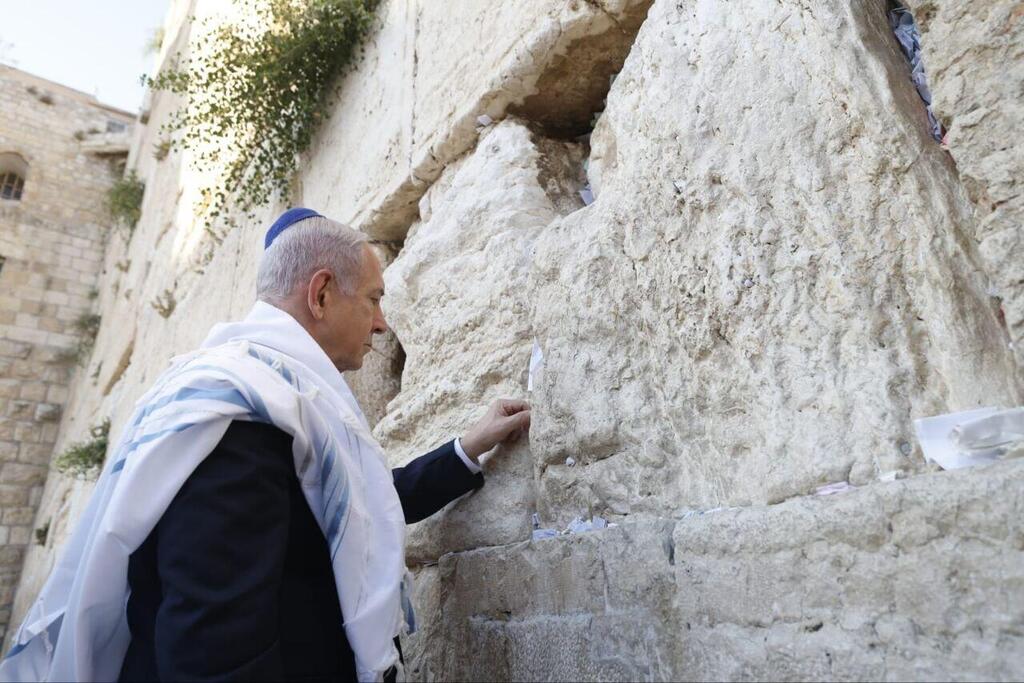The IDF has named its dramatic preemptive strike against Iran’s nuclear program Operation Rising Lion a biblical reference meaning “a people rises like a lioness.” The operation, launched Thursday night, targeted Iranian nuclear and military assets and included the killing of Iran’s Revolutionary Guard commander and its chief of staff, according to Israeli officials.
Prime Minister Benjamin Netanyahu reportedly placed a note between the stones of Jerusalem’s Western Wall hours before the strike began, inscribed with the phrase that inspired the operation’s name: “Behold, the people shall rise up as a great lion, and lift up himself as a young lion.”
3 View gallery


Prime Minister Benjamin Netanyahu places a note between the stones of Jerusalem’s Western Wall hours before the strike
(Photo: Ziv Koren)
The phrase originates from the Book of Numbers, chapter 23, verse 24, part of a biblical prophecy delivered by Balaam son of Beor. In the Torah narrative, the Moabite king Balak, fearing the Israelites as they journeyed through the wilderness after the Exodus from Egypt, summoned Balaam — a prophet or diviner — to curse them. God, however, intervened, warning Balaam not to go or speak against the Israelites, as they were blessed.
Eventually, Balaam was permitted to go under the condition that he speak only the words God placed in his mouth. On his way to Balak, Balaam encountered an angel, initially unseen, that caused his donkey to stop. After Balaam struck the animal three times, the donkey miraculously spoke, protesting its treatment. The angel then appeared to Balaam and reiterated the divine command to relay only God’s message.
Despite Balak’s repeated attempts to have Balaam curse the Israelites from different vantage points, each time Balaam blessed them instead. His pronouncements included several of the Torah’s most enduring phrases: “A nation that dwells alone” and “Blessed are those who bless you, and cursed are those who curse you.”
Among these was the verse that gave the operation its name: “Behold, the people shall rise up as a great lion, and lift up himself as a young lion; he shall not lie down until he eat of the prey and drink the blood of the slain.” The line has come to symbolize Israel’s resilience and strength in the face of its enemies.
Literarily, the phrase “the people shall rise up as a great lion” is an example of parallelism — a common biblical poetic device where two synonymous lines reinforce a single idea. The terms “great lion” and “young lion,” as well as “rise up” and “lift up,” are meant to echo and amplify the message of national might and determination.


